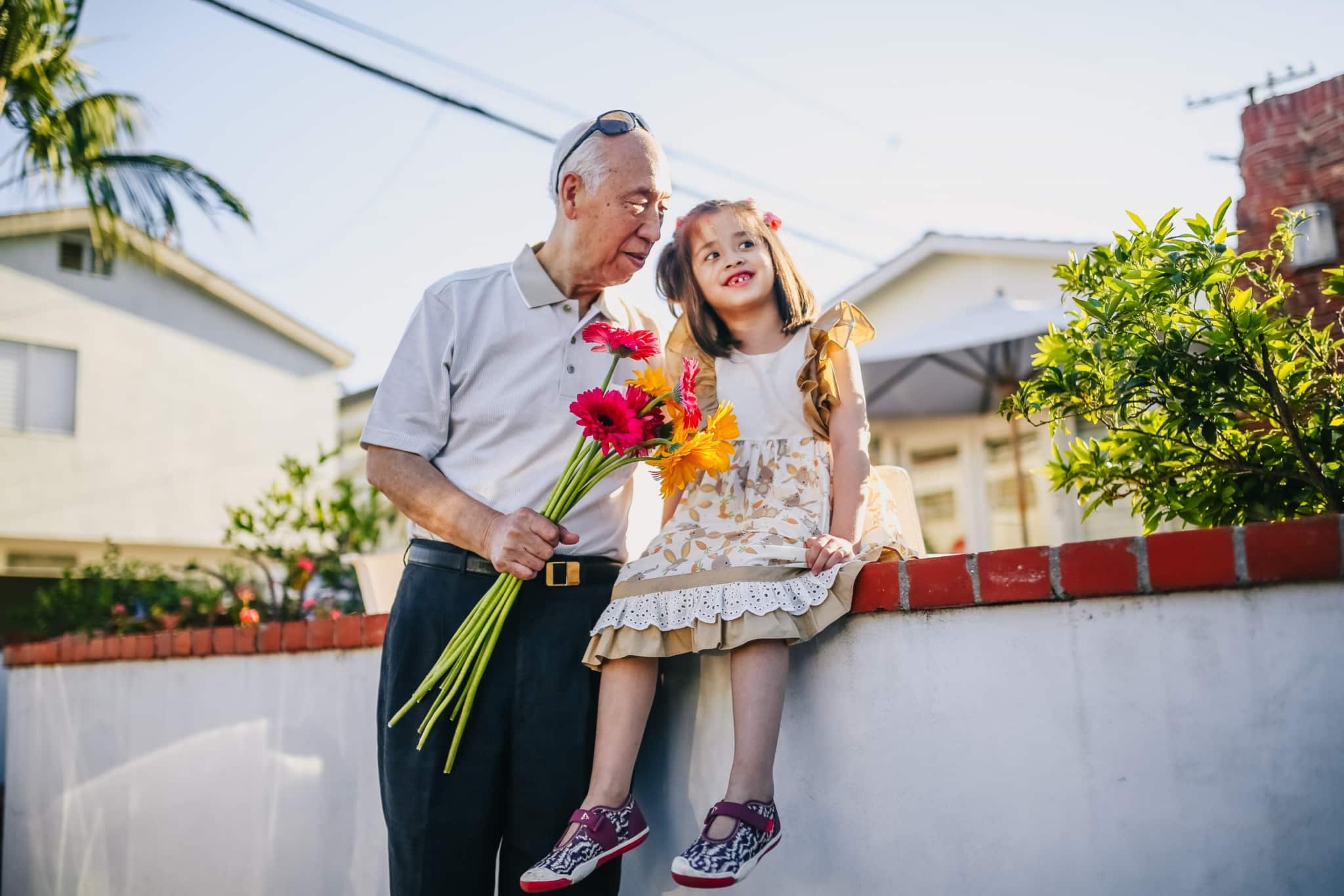
Life Lessons from the Young & the Newly Young!
I live with my octogenarian parents, and while it might seem like I take care of them; truth be told, more often than not it’s the other way around. Every single day, they end up teaching me something about myself, life itself and the world we share.
At 80 years old, they’re like children in every way; therefore, the term the Newly Young.
Schedule a call with a Pragati Leadership expert to discuss how we can support your strategic objectives.
Schedule your CallThe circle of life does come around for all of us!
Observing the actions, behaviors, attitudes, and actions of Young kids and Elders has always been a great source of reflection and learning for me. And I continue to make mistakes and continue to unlearn and learn.
This, therefore, is an attempt to capture some of those moments frozen in time and share them through a series of write-ups, 1 observation/lesson at a time.
Observation / Lesson from the Young: 1 Being Genuine
Ever observed a young child, he/she won’t laugh or smile if they don’t feel it. Doesn’t matter what you might try to gain their attention. They just don’t care until they can genuinely feel it.
A series of studies published in Evolution and Human Behaviour conducted by
Ruiting Song (Max Planck Institute for Evolutionary Anthropology), Harriet Oliver (University of York), and Malinda Carpenter (University of St Andrews) show that this evolutionarily important ability to discriminate between trustworthy and dishonest individuals appears early in development.
The results of the study showed that from the age of 4 children can identify genuine smiles and can discriminate between genuine and fake smiles by the age of 3. Additionally, 4-5-year-old children associate a genuine smile with prosocial meaning; they expect people with genuine smiles to be nicer.
This expectation was most clearly observed in older children and girls in particular. The results build on our understanding of a child’s ability to make appropriate choices when deciding who to trust and interact with. (Source: PsyPost)
Begs the question, what do we do with that ability once we’re fully grown adults. Sure social conditioning takes it’s toll and our social environments (work, home, friends, etc) also dictate a courteous exterior.
However:
- When do the masks come off? Do they ever come off?
- Have we got so used to the social norms that they’ve subconsciously numbed down any intuitive or true emotional response/way of being.
- The larger question is; do we give ourselves the breathing space, to be honest with ourselves:
- Who am I, really? Not in an existential crisis kind of way; more of what kind of person am I today, how am I perceived by people who know me? Do they think I’m genuine? Do I think I’m genuine?
- Is the person I am at home really the honest me or do I carry over the burden from my social interactions (work, friends, etc)?
- Am I happy doing what I am doing at work?
- Do my colleagues, bosses who I work with like me? Do they think I’m genuine?
- Do my customers think I’m genuine?
- Does this perception affect my work/profession/business?
- Am I happy/content with the way my life looks today?
Being genuine is the bedrock to building Trust in any relationship; and as Robert C Solomon once said, “Trust opens up new and unimagined possibilities”!
For more information on how we at Pragati Leadership can help in discovering and developing the true hidden gem inside you, and build a stronger trust bank; thereby opening up new and unimagined possibilities.
Please feel free to reach out to us at:
Krishnendu.sen@pragatileadership.com / Raj.pillai@pragatileadership.com
Share on Social Channels
Our Categories
Categories
- Behaviorial (7)
- Blog (279)
- Certified People Manager Program (5)
- Coaching (9)
- Corporate Trainers (7)
- Developing Collaboration (12)
- Emotional Intelligence Training (13)
- Executive Leadership Program (30)
- First Time Manager Training (13)
- Growth Mindset Course (3)
- Inspirational Leadership (23)
- Inspiring and Successful Leadership Awards (23)
- Leadership Awards (44)
- Leadership Development (127)
- Leading Virtual Teams (6)
- Management Development (29)
- Marketing (2)
- Negotiation Skills Training (8)
- Organizational Transformation (25)
- Others (24)
- Stakeholder Management (3)
- Strategic Leadership Development Program (4)
- VUCA Leadership (2)
- Wholesome Leadership (23)
- Women Leadership (16)
Recent Insights
“Leadership is not about a title or a designation. It’s about impact, influence, and inspiration”....
“We need women at all levels, including the top, to change the dynamic, reshape the...
“Executive presence isn’t something you are born with – it’s something you can cultivate. And...
“Transformational leadership focuses on developing, inspiring, and motivating followers to reach their full potential rather...
“Every expert was once a beginner. Embrace the journey”. Startups face unique challenges and have...
